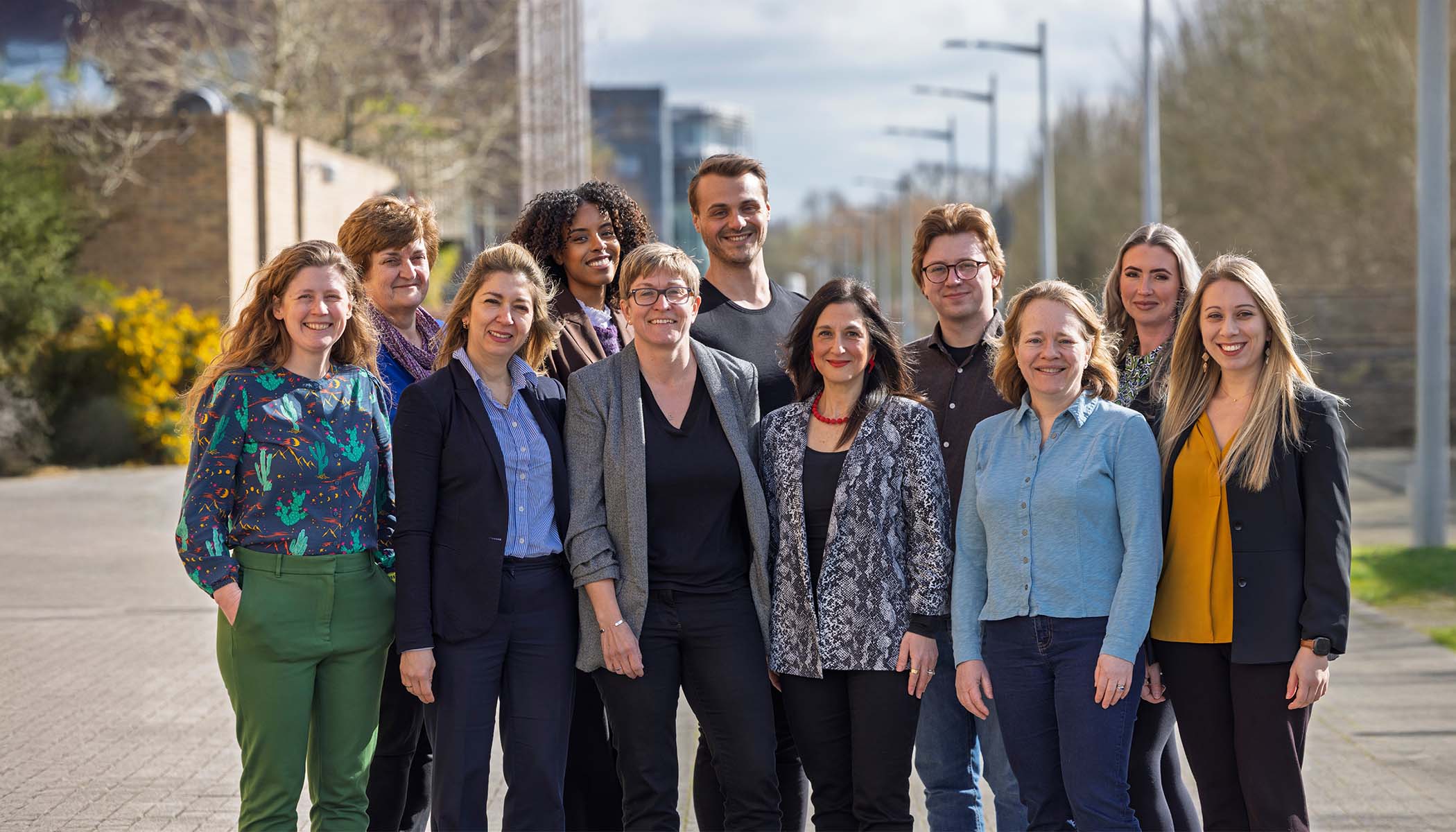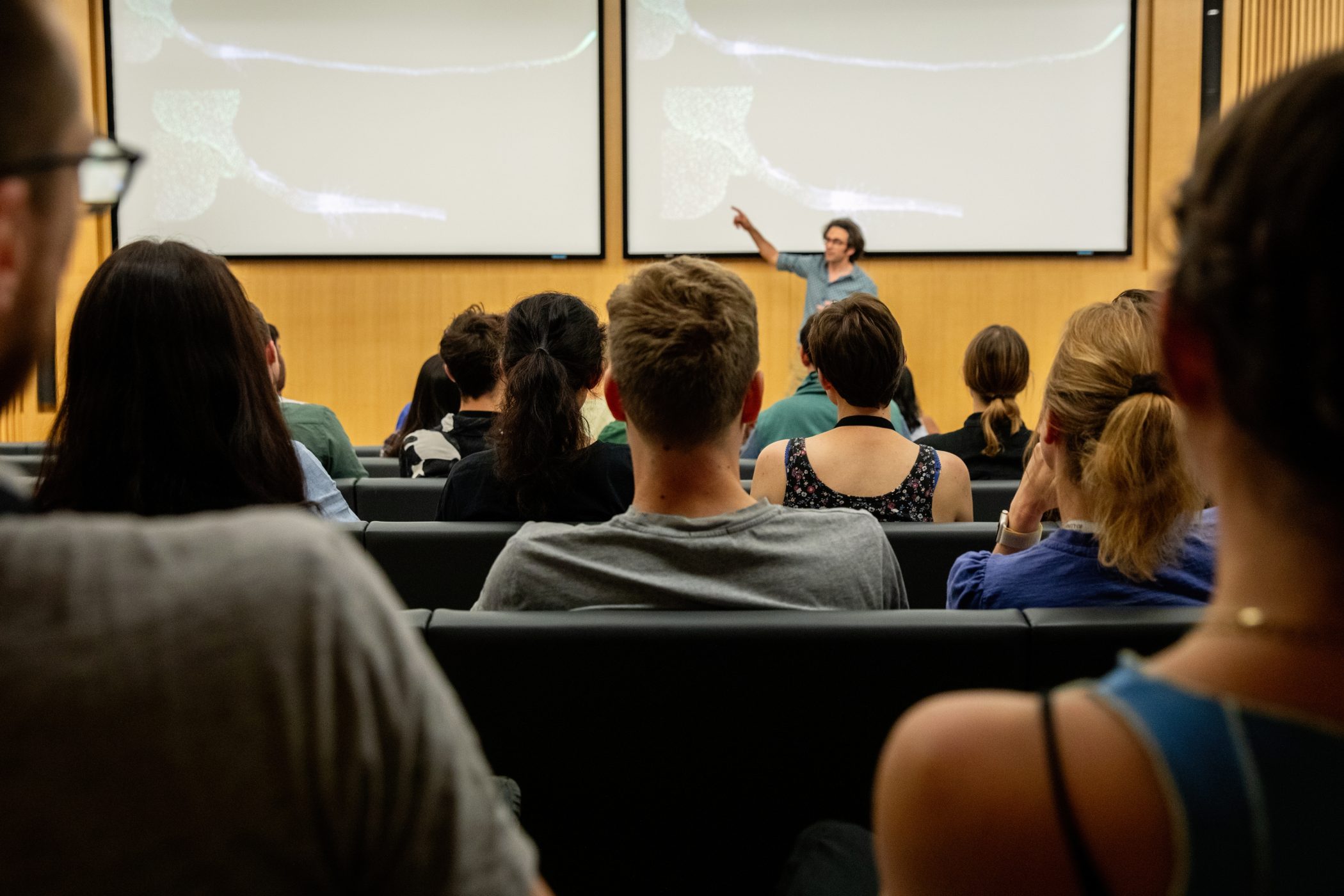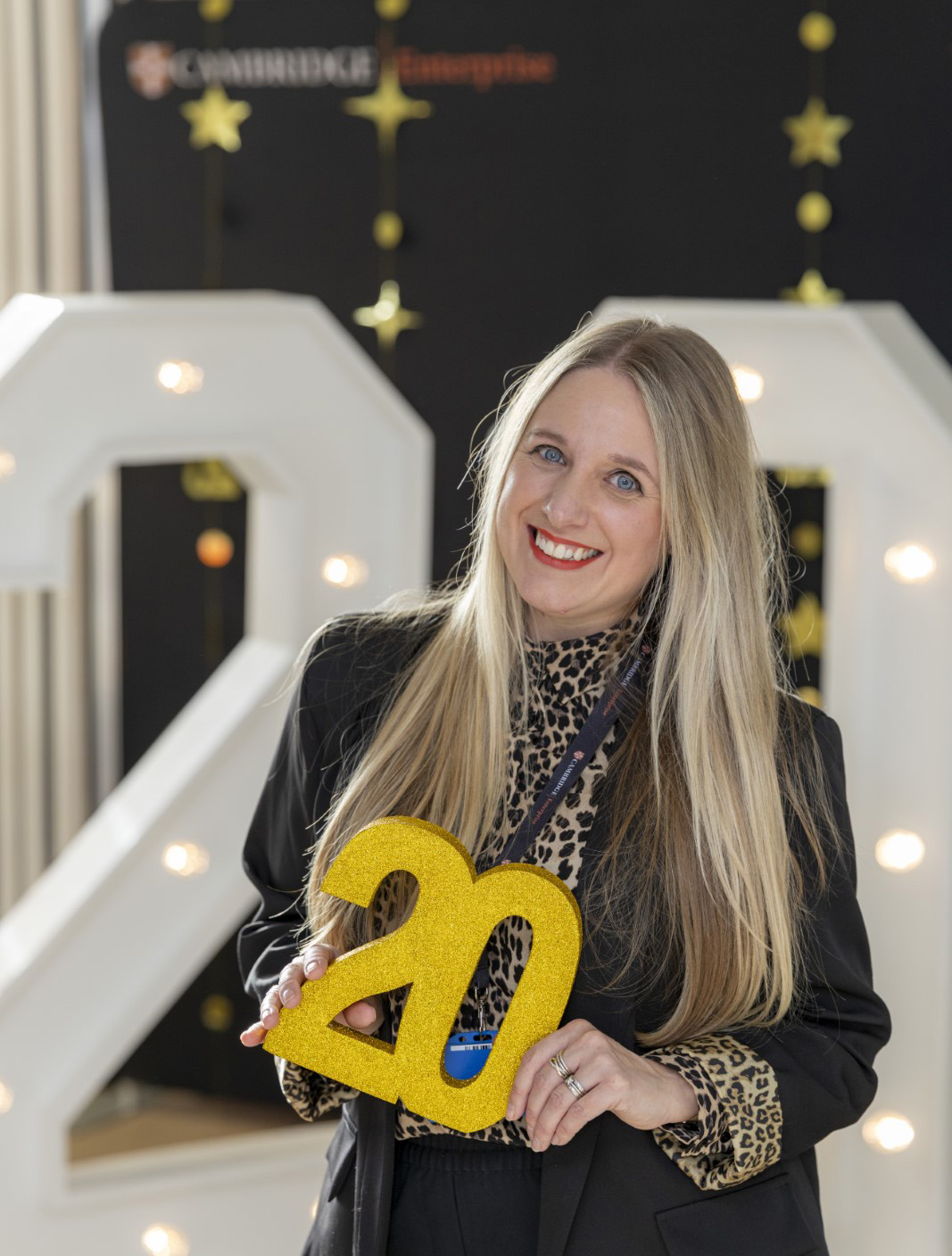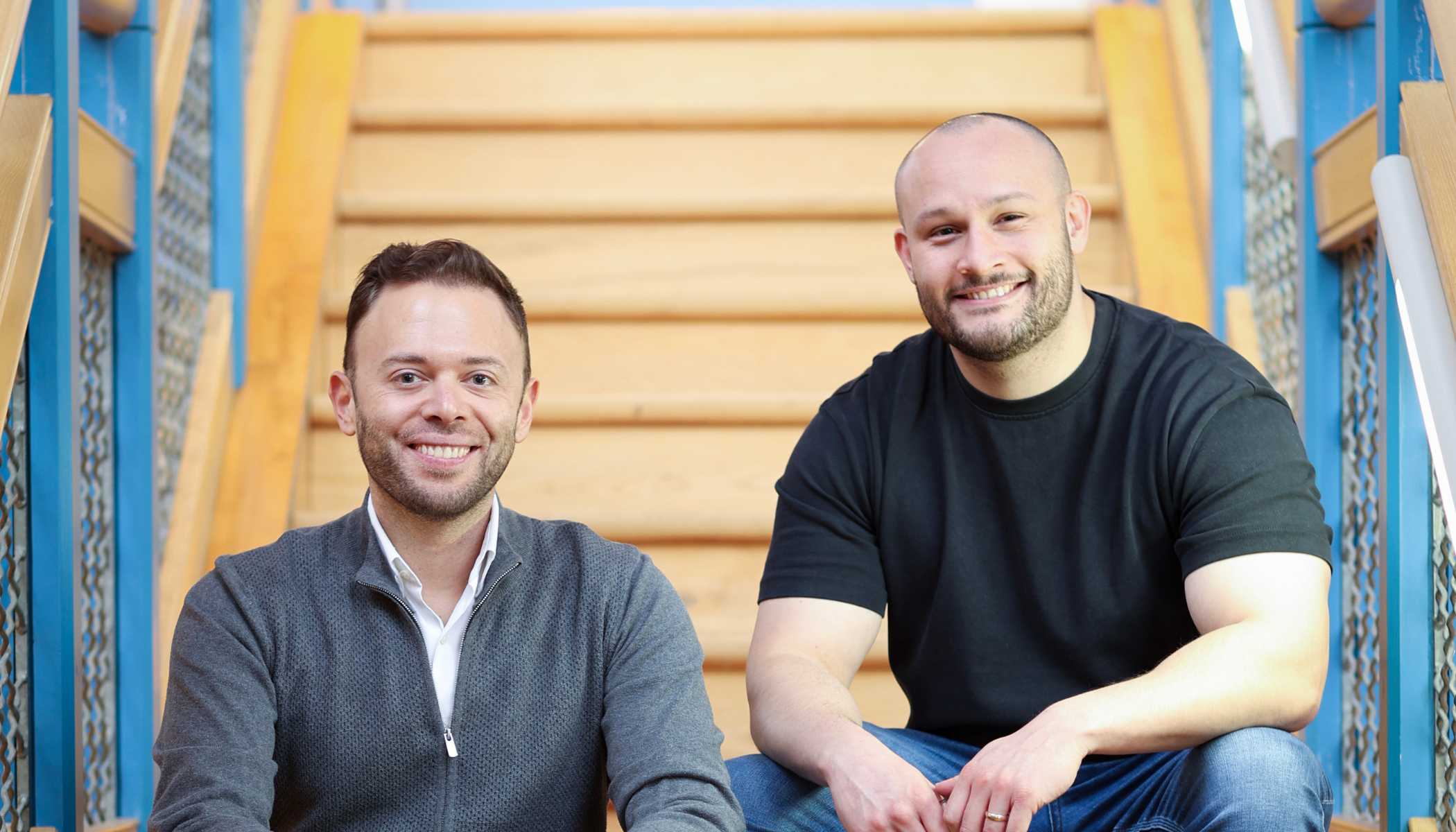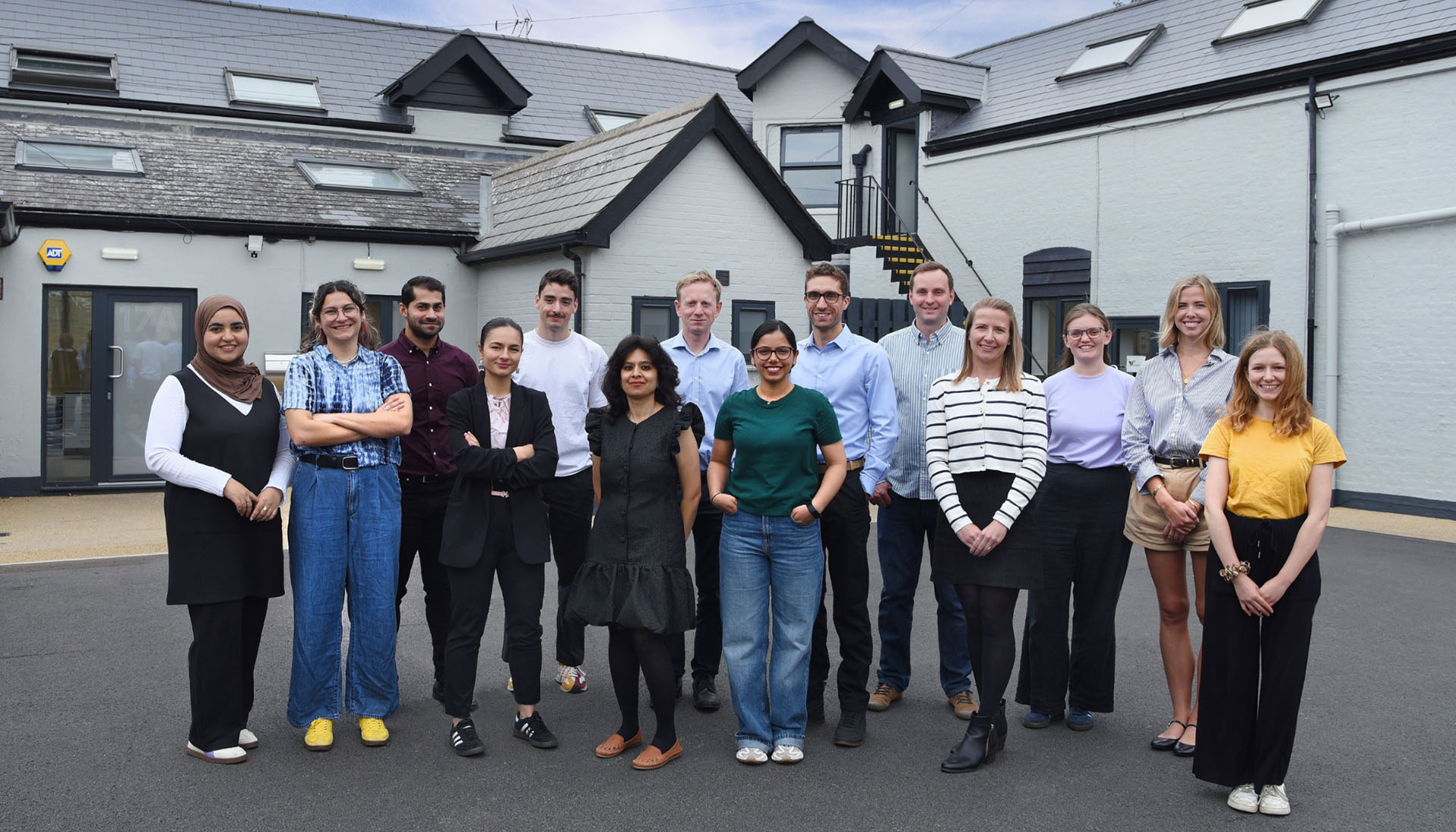Consultancy at Cambridge Enterprise
ConsultancyAmanda Zeffman, Head of Consultancy Services and Research Tools Licensing, shares insights to reveal the growth and impact of her team at Cambridge Enterprise and the collaboration between Cambridge academics, their research, and external organisations over the past decade.
Seventeen years ago, I started as an associate in a small consultancy support team of just two people. Today, as Head of Consultancy Services, I’ve witnessed remarkable growth and changes in our team and activities.
Over the past decade, these services have significantly grown in both activity and revenue. They contribute to societal and economic advancements by facilitating consultancy between university academics from various fields and external organisations, as well as licensing research tools developed from academic research.
Last year, our consultancy activity reached nearly 500 projects and generated an income of £10M, a substantial increase from the £1.5M we generated 17 years ago. Projects completed between 2016-20 have already generated follow-on finance in the form of research collaborations, studentships, and equipment worth approximately £30M to date.
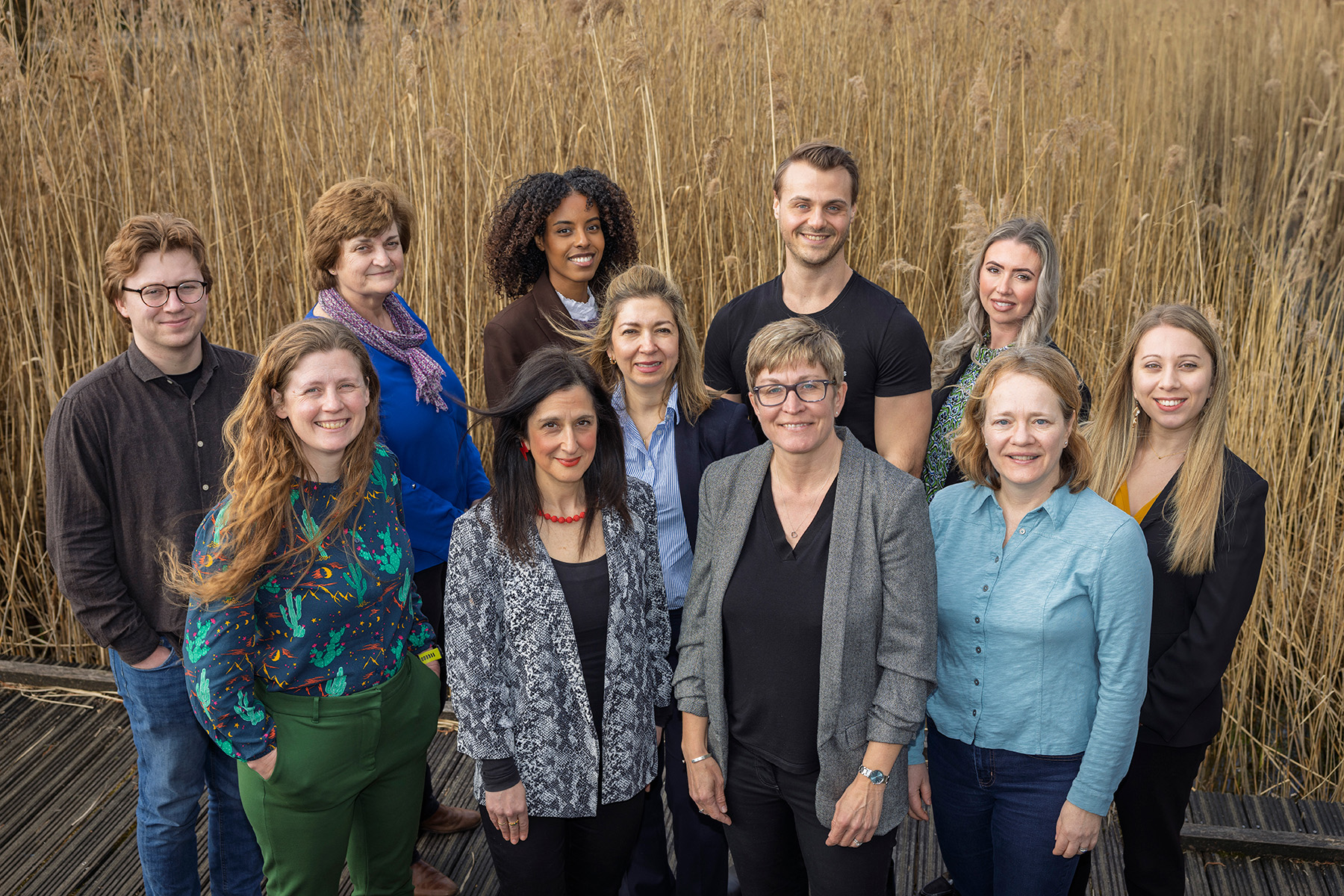
Cambridge Enterprise's Consultancy and Research Tools team
My team helps to facilitate consultancy between University staff and external organisations, specifically managing the financial and legal risks associated with carrying out consultancy for the University and the academic consultants. We also streamline the process, making it easier for faculty members or postdocs to undertake consultancy work, which in turn increases the likelihood of more consultancy projects being completed and more positive impacts arising for all those involved.
Academic consultancy
Consultancy is an excellent way to maximise the impact of research in short timescales. It benefits not only the researchers but also the University, society, and the economy regionally, nationally and globally. We’ve seen this impact demonstrated time and again. For instance, consultancy allows researchers to test their ideas in real-world situations, enriching future teaching and research. It’s also a way to generate income, whether for personal use or to support activities in the research group, such as retaining staff, covering conference costs, or purchasing equipment.
Consultancy is one of the most efficient and effective ways for external organisations, whether government, corporate or NGOs, to start building relationships with universities. These relationships often lead to larger research collaborations, PhD sponsorships, and other opportunities. We see consultancies arising from all disciplines and levels across the University. It can also provide a great way for junior staff, who may not stay in academia, to hone their transferable skills and access the job market.
“It's such a simple and underutilised way to transfer all the great skills, knowledge, and expertise out of the University for the benefit of society. I love seeing the breadth of knowledge and expertise being applied in so many different ways for so many different types of organisations, both globally and regionally.”
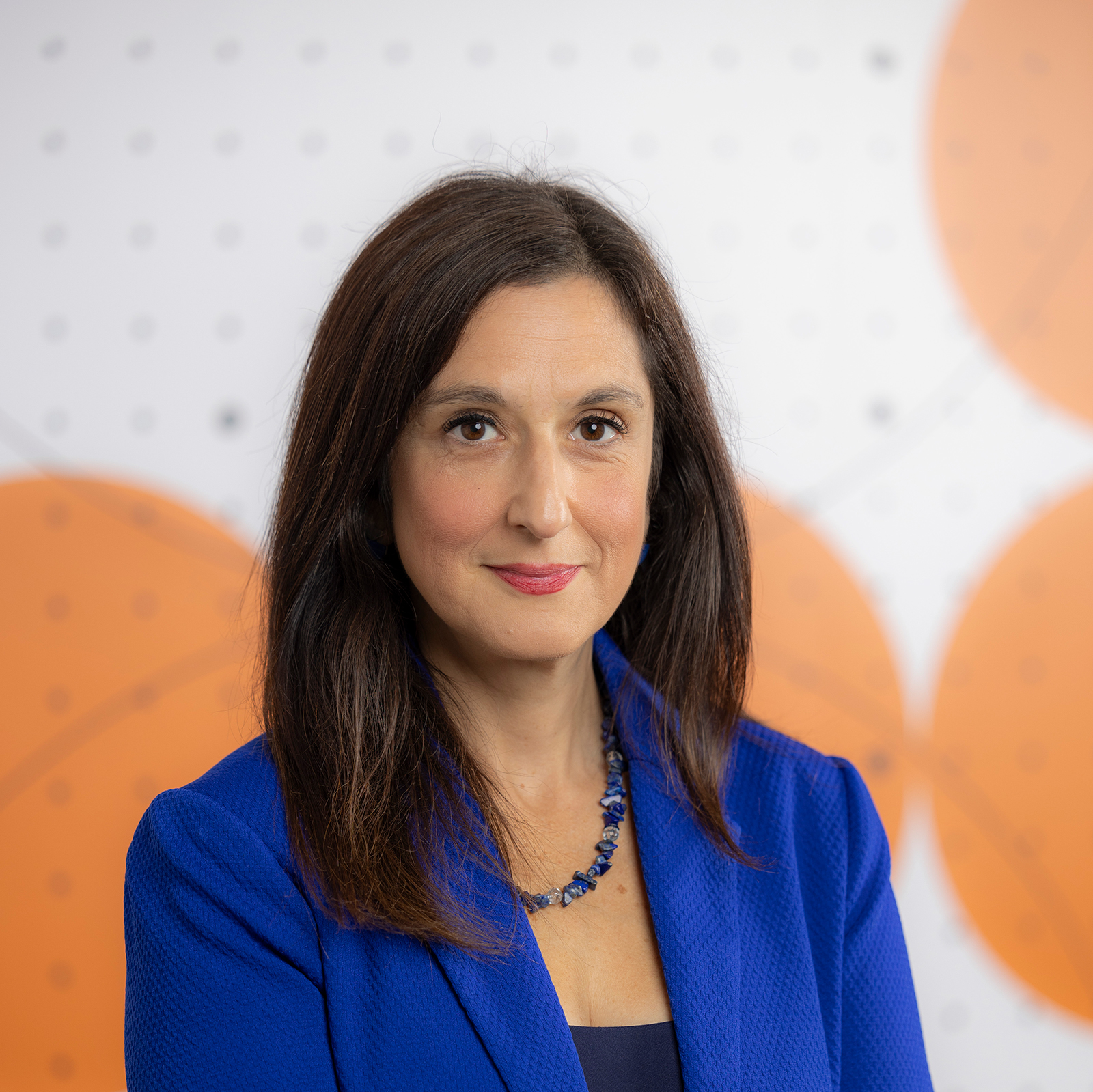
During the 2023-24 academic year, the Cambridge Enterprise Consultancy Services team supported nearly 500 consultancy projects, involving more than 200 different academics and 273 external organisations. For University staff, we provide peace of mind through the use of templates (approved by Legal Services Division) 86% of the time, cover from the University’s Professional Indemnity (PI) and Public Liability (PL) insurance policies, and advice on pricing and costing. By working with us, you’re able use the association with the University, which you cannot do if you undertake consultancy privately. We also handle all the contractual and financial administration, including negotiation, client invoicing, and financial control. Additionally, we provide an in person half-day training for staff on the issues to consider when acting as a consultant (as part of Cambridge Enterprise’s 101 series) and in addition have developed an online version for this training.
Global reaching societal impact
The consultancy projects we support have a significant impact on society and the clients we work with, in the UK and internationally.
One of the most impactful projects we facilitated was led by Professor Larry Sherman from the Department of Criminology. In 2012, Professor Sherman and his team utilised their expertise in evidence-based policing methods, specifically hot spot policing, to develop a bespoke executive education-style training program. They collaborated with the Police Commissioner of Trinidad and Tobago, a country with a crime rate 40 times that of the UK, to train 200 officers. Within just two years, these methods reduced violent crime by 50%. Since then, Professor Sherman has conducted further programs, including training approximately 300 mid-career police officers at the Sardar Vallabhbhai Patel National Police Academy in Hyderabad.
We played a crucial role in ensuring the financial and administrative aspects ran smoothly, allowing the consultant team to focus on their work. Working with global clients often involves navigating complex financial and legal regulations. We helped manage these challenges, ensuring the researchers and the University were appropriately protected and fostering a supportive environment for all parties involved.
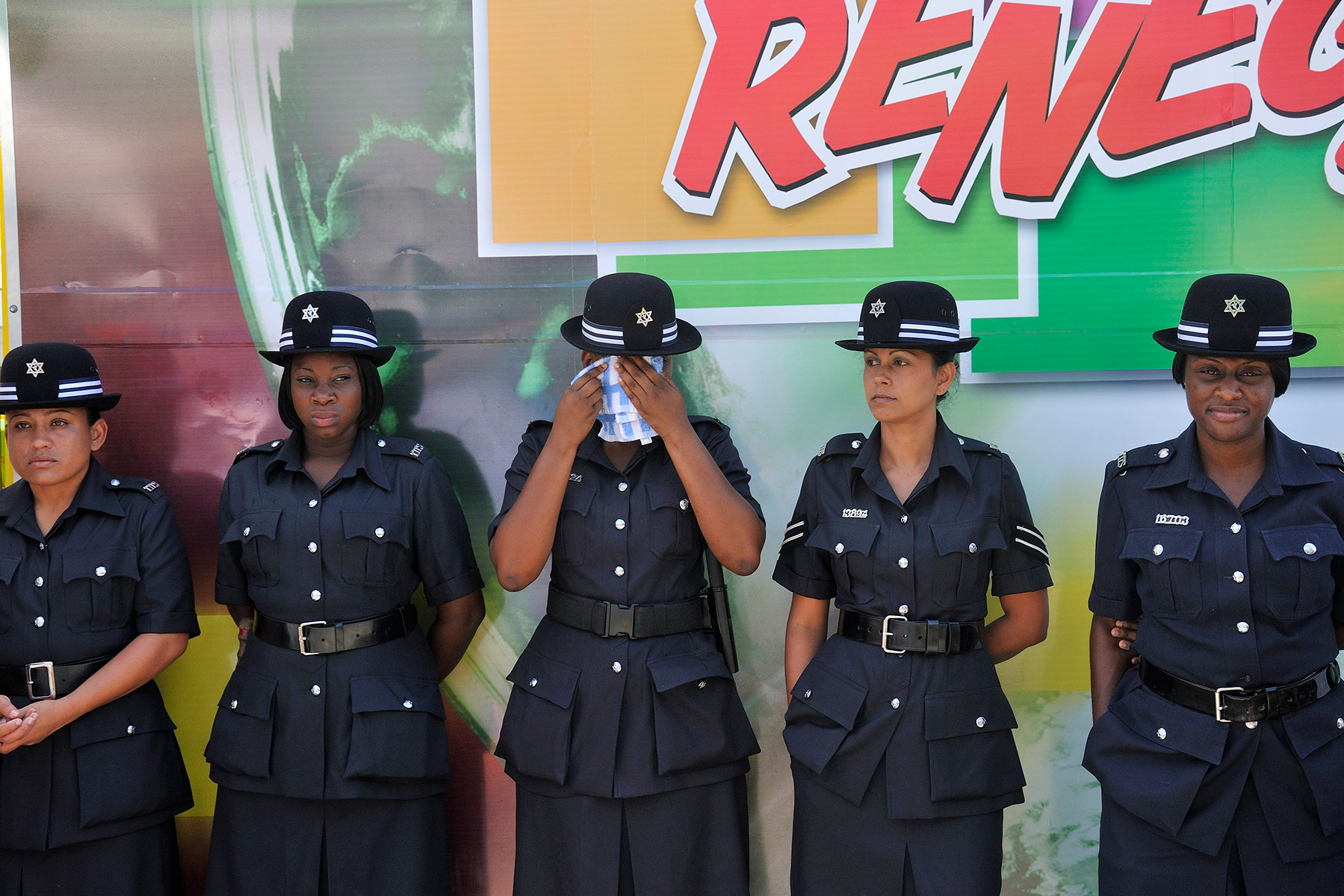
Looking to the future
While we are already engaging with many faculty members, we aim to assist even more faculty and postdocs in establishing consultancy arrangements and stimulate consultancy activity overall. We are managing an increasing number of department-led consultancies and are registered on various government portals, providing a pathway for these projects to receive support and proceed. Additionally, we are piloting an industry event to generate consultancy projects for one of the University Schools and plan to offer bespoke 101 training for departments and schools interested in participating.
Consultancy plays a pivotal role in University innovation. As I’ve said before, we act as a cross-pollinator that transcends disciplinary boundaries, fostering collaboration between academia, industry and other sectors, to enhance the University’s research capabilities and the impact on societal and economic development. As we look to the future, the commitment to expanding consultancy opportunities and fostering innovative partnerships remains strong. The continued success of these efforts will undoubtedly lead to even greater achievements and benefits for all involved.



